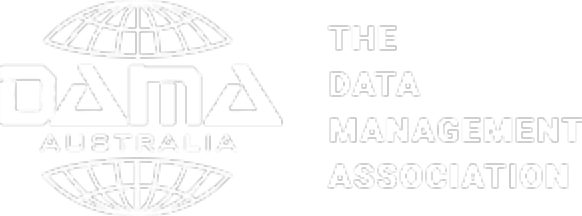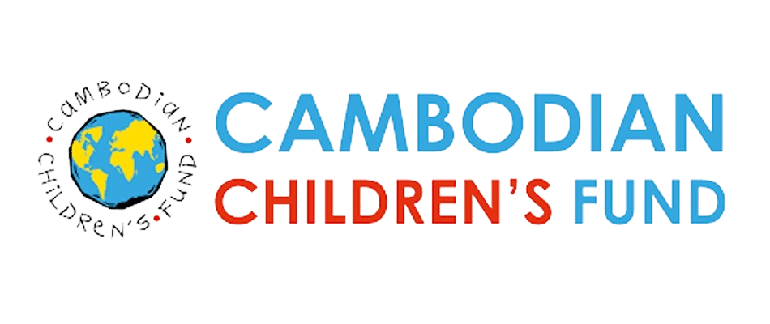Congratulations! You have successfully secured an interview. You only get one chance to make a positive impression. It may sound like common sense, but so many people do not invest enough time in the preparation. There a few things you can do prior to your interview, which can give you the best chance of success.
- What are you going to wear?
First impressions count. How you are presented can make the world of difference and sets the tone from the onset. What you wear for an interview is a crucial part of your interview preparation. Avoid garish colours, instead go for a formal, soft palette. If you have not had to wear that outfit for a while, try it on ahead of time. The last thing you want is for it to not fit properly on the day of your interview.
- What type of interview will it be?
If you are working with a recruiter, ask them for more information about the type of interview it will be. What they are likely to cover and what do they want to get out of it? This ensures that both parties get the best out of the interview and allows you to prepare accordingly.
- How well do you know your resume?
Make sure you know everything that is on your resume and can articulate it confidently. If you need a copy to refer to, then you do not know it well enough. You know yourself better than anyone and should be able to talk through your career progression in a structured way. Be ready to elaborate when the interviewer wants to go into more detail. You should not underestimate the importance of this step and how you articulate your answer.
- Research the company
Have you done your research? Did you look at the company website, LinkedIn page, googled to see what else might be out there in the media? If you have a job description, ensure you have gone through the entire document, including sections where the employer may have highlighted values and behaviours. This will assist you with answering questions that relate to their culture. Also look for common or mutual connections as these can be used as good icebreakers.
- What are competency-based questions?
Some standard questions that employers cover include “tell me about yourself”, “talk me through your career history”, “why do you think you would be a good fit for this role?”, “why have you applied for this role?”, “what do you know about our company?”, “what are your weaknesses?”. Your answers should not sound scripted or rehearsed, you should come across as natural and professional. You must also prepare for common and typical competency-based questions. Take a look at our blog on competency-based questions.
If you have not had an interview for a while, role play and practice some of the questions that are likely to come up. You may feel you are a natural and ace interviews, but you may surprise yourself and find out you are not as articulate as you thought. Practice makes perfect – over time you can refine your answers and feel more natural and confident.
- Interviews are a two-way process
The company is assessing your suitability and you are assessing theirs. It is essential you have questions prepared. Make sure they are relevant, specific to the role so that you walk away having a full understanding of the expectations, challenges and requirements. We also recommend that it is a good idea to ask the interviewees a question about themselves. For example “what do they like about the company?”, “what values do they look for in their team?”, “what are the current challenges the team are facing?”. You will gain excellent inside information about the company and also understand the person who is interviewing you and you may be reporting to. Can you work with them? Do they inspire you? Refer to and ask about something you’ve read in the media (also social media), their financial results, recent new projects or products demonstrating you have done your homework.
- Directions (do not underestimate this one)
Make sure you know where you are going. It sounds so basic, but we are all relying on our GPS’s these days. But so many times we have received panicked calls because they are outdated or the landscape has changed. Ensure you have a screen shot of the directions in the event the network coverage does not work cover you on the day. Perhaps consider taking a dry-run the day before so you know the route. Turning up late to an interview is a big no! We rarely see a positive outcome. Turning up too early is also not regarded well either. Give yourself enough time to get to the interview in a comfortable timeframe. You do not want to be rushing, arriving stressed. Instead you should give yourself time before you go in to take a few minutes to relax, gather your thoughts and clear your mind. If you end up getting to an interview early, take a walk or sit in your car. Do not go in any earlier than 10 minutes before your interview time.
These tips can help make you more successful. Interviewers can tell the difference when someone is prepared versus someone who is under-prepared.






